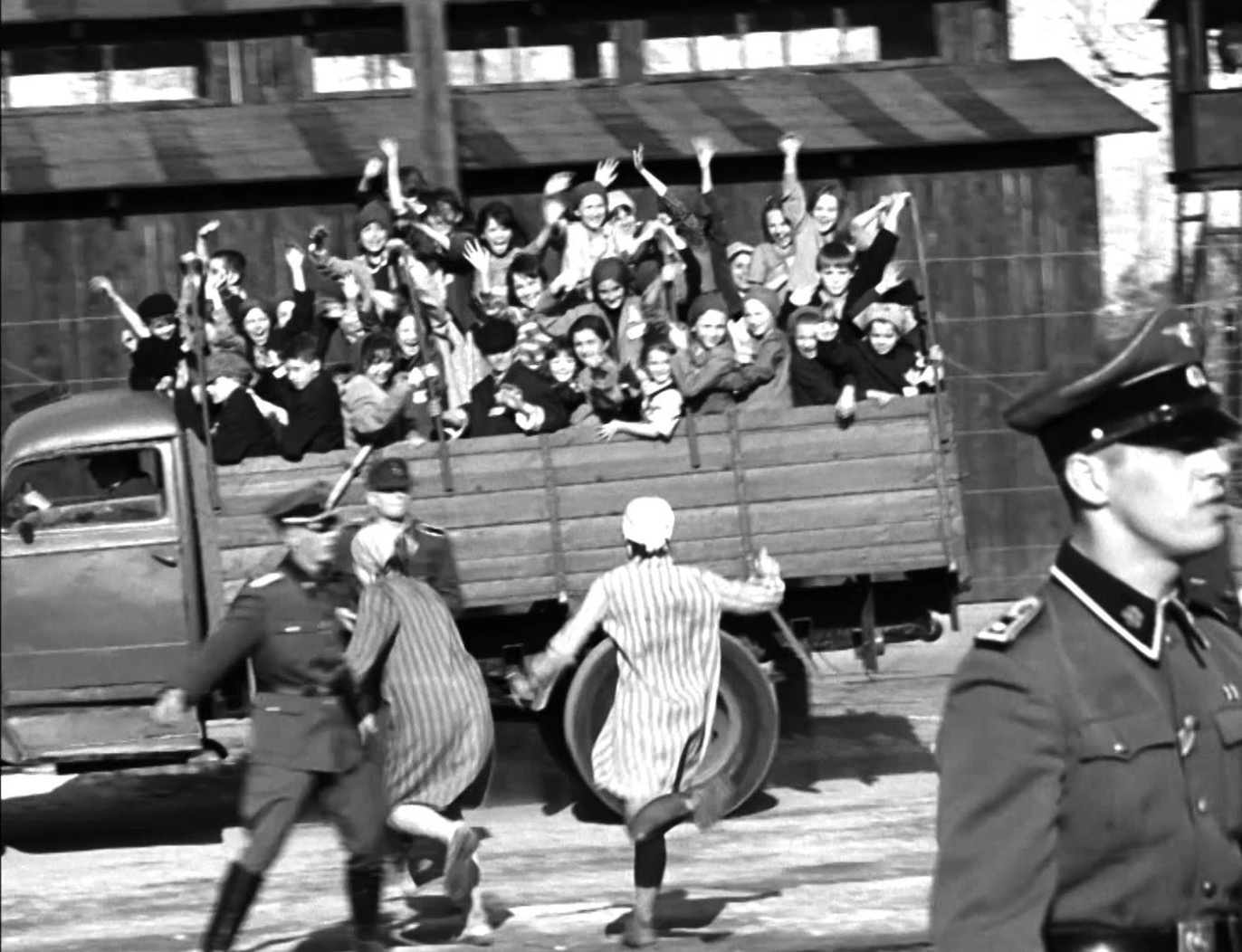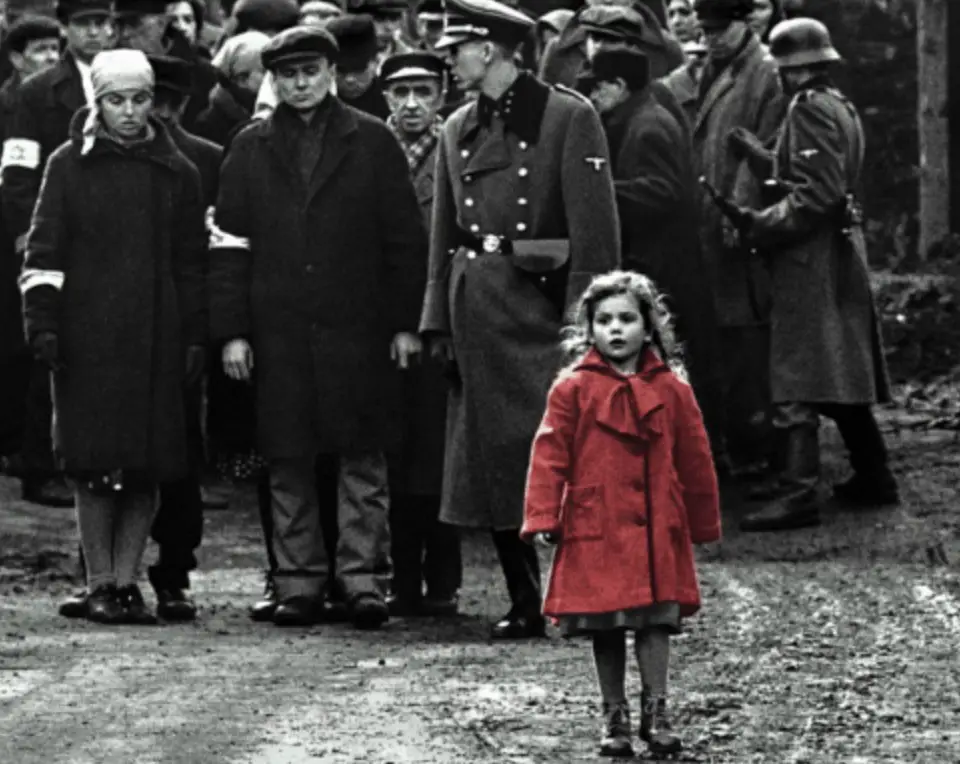Since the establishment of film as a medium, writers and directors have tried to make their mark on the industry in the hopes that their stories might have an impact on audiences. Plenty were successful, but those who are still celebrated today are those that were willing to expose audiences to universal truth, no matter how painful it might be. Maybe it’s through a fictional account or a depiction of something that happened in real life, but regardless of how it’s told, truth leaves a searing emotional impact that can last for decades.
Released on Dec. 15, 1993, “Schindler’s List” depicted in graphic detail the horrors of the Holocaust and the senseless hatred that fueled it. As the film celebrates its 25th anniversary this year, audiences are still reflecting upon its impact and relevance in the current political climate.
The work of legendary director and producer Steven Spielberg, “Schindler’s List” tells the story of Oskar Schindler, a German businessman and Nazi Party member who saved over 1,200 Jews during the Holocaust in WW2 by hiring them in his factories. Initially an industrialist looking to make his fortune in Poland, Schindler, portrayed by Liam Neeson, worked to save his Jewish workers from their fate in extermination camps by spending his entire fortune on bribes and black-market supplies in order to support them. The movie went on to receive seven Oscars, including the awards for best picture and best director, and it is widely considered to be one of the greatest films of all time.
At face value, “Schindler’s List” is a story of redemption, one that leads its main character from being an opportunist concerned with profit to a hero for so many people. But many of the film’s most impactful moments don’t involve Schindler at all. Instead, they focus on the suffering Jewish population of Poland, and it gradually forces you to reckon with the shocking horror that was inflicted upon them.

It begins with their isolation as they’re forced to wear the Star of David on their clothes and relocate to a crowded ghetto as people heckle them on the streets. Then you see the humiliation and fear as they’re kicked on the streets, or in one particular shot, as Hasidic men have their hair cut by SS soldiers. Then you’re faced with the senseless murder and sadistic cruelty.
One of the most disturbing sequences in “Schindler’s List” is the liquidation of the Krakow ghetto and shipment of the Jews to the nearby Płaszow concentration camp. Taking up about 20 minutes of the film, the sequence shows Jews being senselessly shot in the street, unsuccessfully attempting to hide and trying to salvage their most precious belongings. One family puts their jewelry inside a loaf of bread before eating it. In a ghetto hospital, nurses euthanize incapacitated patients before soldiers come in and shoot them all in their beds.
The images are so horrific that they feel unreal. It’s difficult to comprehend how any human being could treat others with such hatred and malice for no reason other than their culture. That evil spirit manifests itself most notably in the character of Amon Goeth, the sadistic commandant of the Płaszow camp. There are no redemptive qualities within him, nothing that would make you think he could become a better person. As he shoots his prisoners frivolously and beats the Jewish maid that he finds himself attracted to, it becomes clear that he doesn’t kill for the Nazi ideology. He kills because he likes to do it.
The reality is that “Schindler’s List” is as close to the truth as a narrative film about the Holocaust could possibly get. The pure hatred that so many people felt toward Jews was real, and it still exists today. Spielberg himself even admitted in a recent interview that the current political climate makes the film more important now than it has ever been before. Between 2016 and 2017, there was a 17 percent increase in hate crimes, with race and ethnicity being the primary motivators. But that figure probably wouldn’t surprise anyone who has actually been paying attention. People remember Charleston. They remember Charlottesville. And they remember Pittsburgh.
The timelessness of “Schindler’s List” would not be as powerful were it not for its graphic reminder of what happens when hate is allowed to fester and boil over into something like genocide. People have to remember that the Holocaust didn’t happen overnight. It was the result of years of propaganda and prejudice, during which people actively chose to ignore what was going on, whether it was because they simply didn’t want to think about it or they were afraid of what could happen to them if they tried to intervene. This inhuman atrocity still resonates today, with countless scholars writing an argumentative essay on the Holocaust and humanitarians warning of future crimes against humanity. As the current political climate continues to devolve into something putrid, fueled in part by anger and hatred toward certain groups, that’s something to remember.
But then there are those like Oskar Schindler, the ones who are willing to do what is right even when they do not have anything to gain from it. His character development is one that likely mirrors the countless others who have become heroes in times of crisis. Although he starts out as being relatively apathetic to the plight of the Jews, he eventually sacrifices all he has to save them, and as he says goodbye to the 1,200 people that he has saved, he can still only think of how many others he could have helped with more sacrifice. Selling his car could have saved 10 more people. Selling his lapel pin could have saved one more.
So perhaps the legacy of “Schindler’s List” exists beyond its brutal reminder that the horrors of the world should not be ignored. While that’s a central part of it, the film is a reminder that even in the most horrific periods of history, there have always been good people who do what they can to help. That truth lives not only in the Schindler Jews who are still alive today, but their more than 6,000 descendants who would not be alive were it not for Oskar Schindler. Although the witnesses of the Holocaust will eventually disappear, it’s films like “Schindler’s List” that guarantee that their stories will be told for generations to come.

















